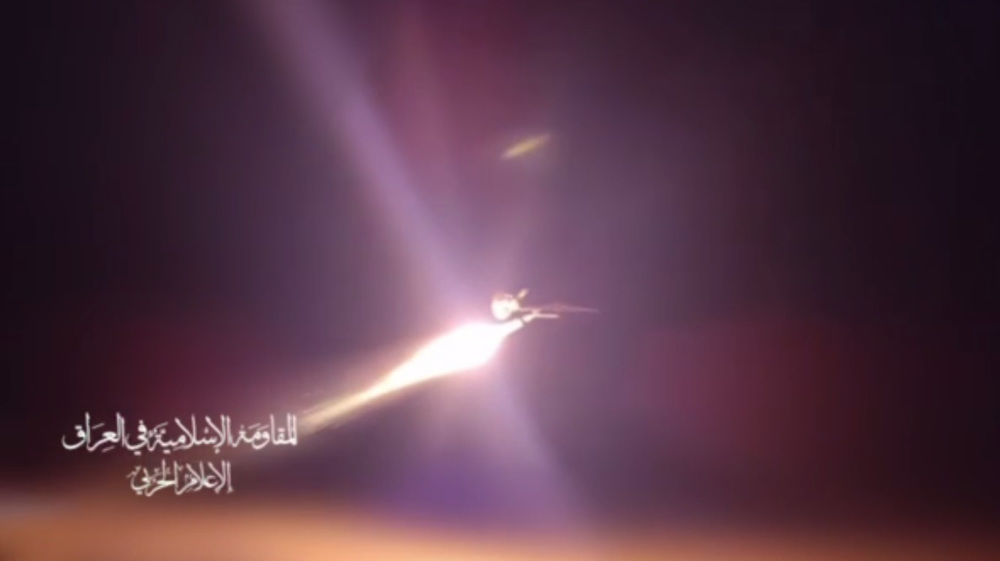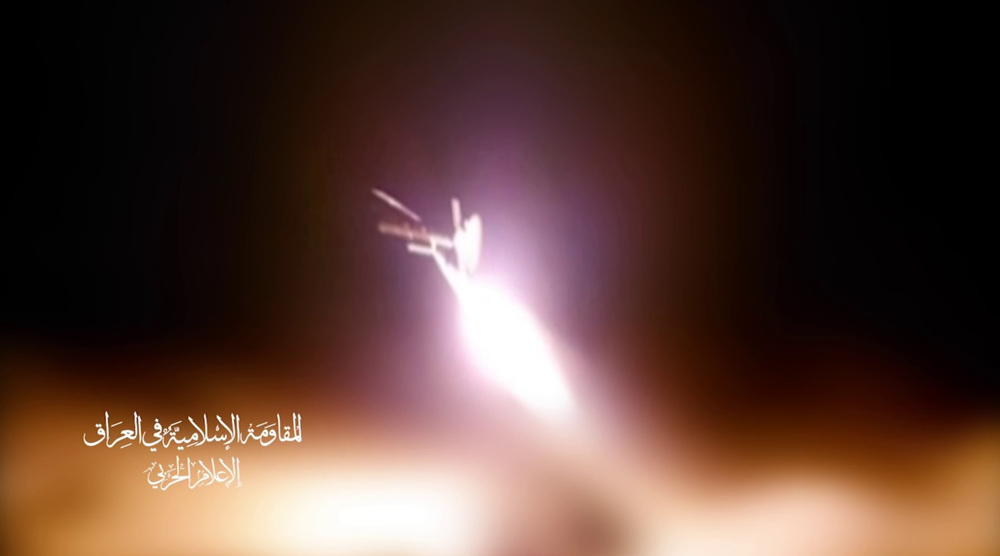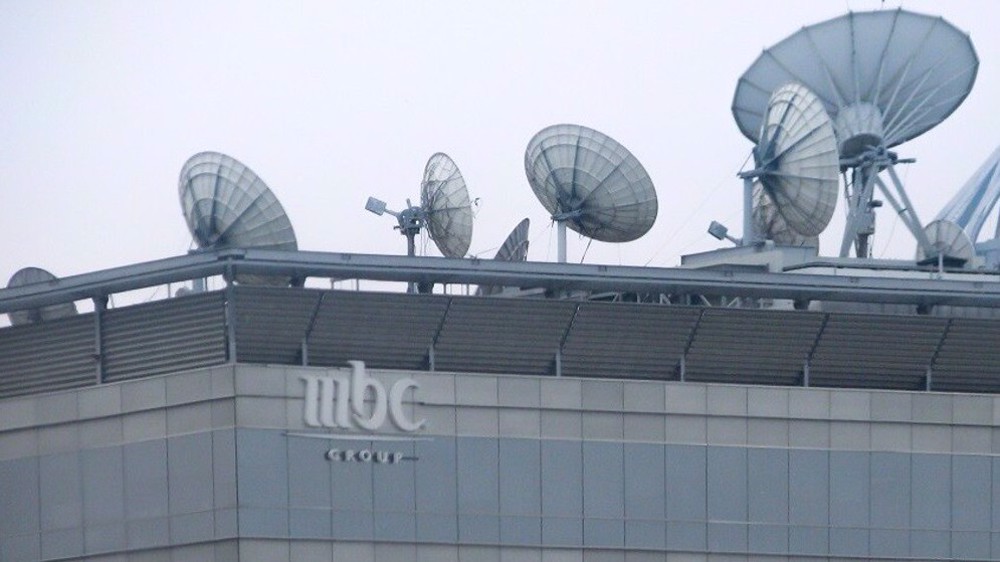Remains of dozens of women recovered in mass grave near Mosul
Iraqi security forces have found a mass grave in the country’s northern province of Nineveh containing the bodies of dozens of civilians, mostly women, whom are believed to have been executed by Daesh Takfiri terrorists.
Captain Amir Wathiq told Arabic-language Basnews news agency that members of the Federal Police force unearthed the mass grave in Hammam al-Alil town, located around 25 kilometers south of the provincial capital city of Mosul, on Wednesday.
Wathiq added the mass grave contains the bodies of around 60 victims, noting that there are mostly the remains of women among the corpses.
The provincial police official further noted that the bodies have been transferred to the forensic department in Mosul to undergo DNA tests.
Earlier this month, Iraqi forensic specialists found a mass grave containing the remains of about 160 victims of a June 2014 massacre by Daesh Takfiri terrorists at an air force camp in the country’s north-central province of Salahuddin.
Zaid Ali, head of the forensic office, said a joint team from his bureau and the Martyrs Foundation found 158 bodies inside the palace compound of former dictator Saddam Hussein in Tikrit, located 140 kilometers northwest of the capital Baghdad, on April 2.
He noted that DNA tests were being conducted on the corpses in order to identify them.
Iraqi security forces foil plot to detonate ancient citadel
Separately, Iraqi security forces have thwarted a plot by remnants of Daesh Takfiri terrorist outfit to detonate an ancient citadel in Tal Afar, located 63 kilometers west of Mosul.
Iraq's Joint Operations Command spokesman Yahya Rasoul said the forces found four barrels filled with highly explosive Composition C-4, ten explosive belts, 100 mortar shells, two rockets and 11 landmines that had been placed under the historical site.
On December 9, 2017, Iraq’s Prime Minister Haider al-Abadi declared the end of military operations against the Daesh terrorist group in the Arab country.
“Our forces are in complete control of the Iraqi-Syrian border and I therefore announce the end of the war against Daesh,” Abadi told a conference in Baghdad then.
The Iraqi prime minister said on August 31 that Tal Afar and the entire Nineveh province had been purged of the Daesh Takfiri terrorist group.
The recapture of Tal Afar was made possible with the help of the Iraqi army, Federal Police, Counter-Terrorism Service units, pro-government fighters from the Popular Mobilization Units, commonly known by the Arabic name Hashd al-Sha’abi, and the Interior Ministry's elite rapid response forces, Abadi stated.
On July 10, Abadi formally declared victory over Daesh extremists in Mosul, which served as the terrorists’ main urban stronghold in the conflict-ridden Arab country.
In the run-up to Mosul's liberation, Iraqi army soldiers and volunteer Hashd al-Sha’abi fighters had made sweeping gains against Daesh.
The Iraqi forces took control of eastern Mosul in January 2017 after 100 days of fighting, and launched the battle in the west on February 19 last year.
Daesh began a terror campaign in Iraq in 2014, overrunning vast swathes in lightning attacks.
Iran relies on natural gas for nearly 90% of its power demand: Expert
US embassy in Beirut blocks Iraq-Lebanon humanitarian air bridge
VIDEO | UK's Starmer targets journalists
Israel plans to displace Palestinians in occupied West Bank: Hamas
Iranian airlines ramp up Istanbul route flights after EU sanctions
British protesters slam UK’s complicity in Gaza genocide on Balfour day
US surgeon haunted by Gaza children with ‘single gunshot wounds to head’
VIDEO | Iran's possible retaliation against Israel


















 This makes it easy to access the Press TV website
This makes it easy to access the Press TV website